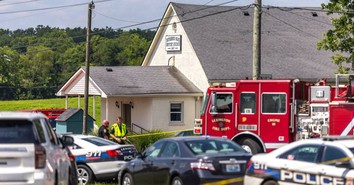5 Ways Churches Play Favorites
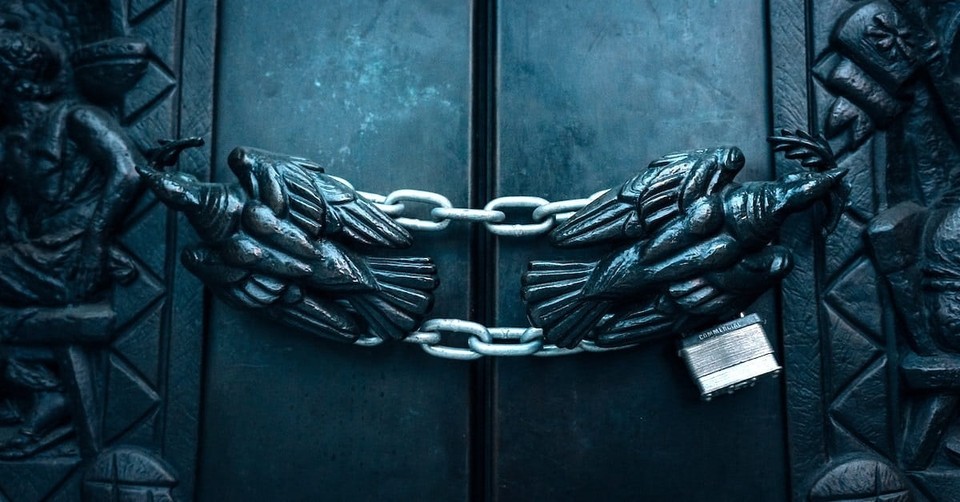
Churches usually talk a pretty good game about being welcoming, accepting, inclusive, and so on. We talk that way because we know that’s the kind of communities we should be. “Everyone who calls on the name of the Lord will be saved” and all that (Romans 10:13). Maybe we even remember James writing, “If you show favoritism, you sin and are convicted by the law as lawbreakers” (James 2:9). It’s so intrinsic to the story that we know without needing to think about it much that the gospel Jesus preached, lived, and sacrificed himself for is one of open arms—if he accepted the outcasts and the unclean, we should too. (We might even realize, now and then, that we are them!)
Photo courtesy: ©Thinkstock
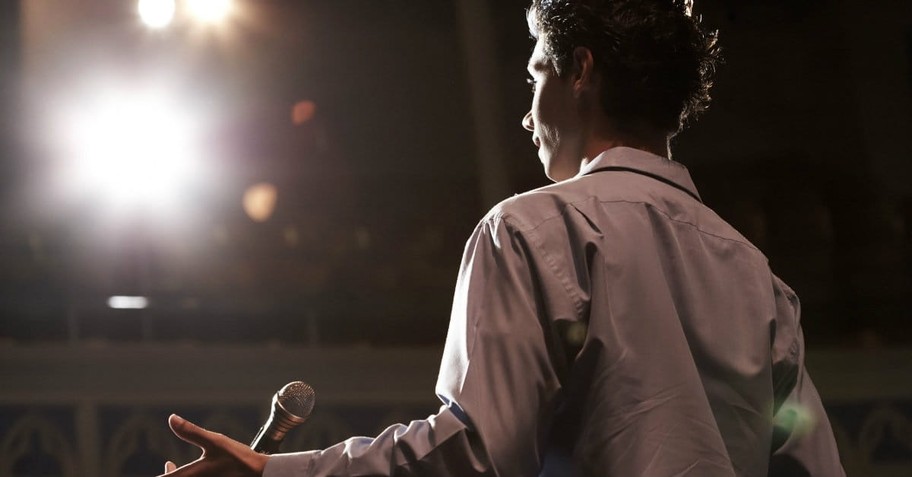
Do we seek and accept them, though?
Many of our churches are surprisingly homogeneous ethnically, economically, theologically, and so on. Lots of us drive miles and miles on a Sunday, passing any number of other churches, to attend the one that suits us best. Why is that? Better preacher? Better worship band? Maybe we’re also seeking the group of people who looks, sounds, and acts most like ourselves—including the preacher and the band. “I just like it” or “I feel comfortable there” can sometimes be ways of saying “I prefer this kind of people over those kinds of people.” Consciously or not, it would appear that we exhibit the kind of favoritism that James warned against.
Check these five categories and see if they ring any bells about your own church.
Photo courtesy: ©Unsplash

1. Rich over Poor
James says that if a rich guy and a poor man come into the church, and we give the best seat in the house to the rich guy, we're showing favoritism and have become "judges with evil thoughts" (James 2:1-4). What if the church board (or elders, deacons, etc.) are mostly made up of well-to-do people? What if, during any given congregational discussion about church direction, finances, expansion, or what have you, the voices we listen to most are those of successful businesspeople? We may have a few people in the church who are notably poorer than the others, but aren't they usually way out on the perimeter socially and in terms of influence in the church? And yet Jesus says clearly, "Blessed are you who are poor, for yours is the kingdom of God" (Luke 6:20).
Photo courtesy: ©Pexels

2. Similar over Different
Most churches have a denominational affiliation, and denominations are, by definition, groupings of churches (and their congregants) according to their similarities—or perhaps more pointedly, separations of the church according to our “slightly different beliefs” (as the Oxford Dictionary says). But wait a second: Didn’t Jesus pray, “That all of them may be one, Father, just as you are in me and I am in you” (John 17:21)? In spite of that, we’re further segmented by subdivisions within denominations—the Wikipedia list of Baptist denominations alone goes on for pages. Let’s not even start on the kinds of division we might find within any given congregation! (Divisive leader allegiances, doctrinal parties, moral attitudes, and economic stratification are just some of what Paul tried to address in the Corinthian church.) Jesus prayed we would be brought to complete unity, saying, “Then the world will know that you sent me and have loved them” (John 17:23). Hmmm . . .
Photo courtesy: ©Unsplash

3. Powerful over Vulnerable
Jesus taught very clearly that the people who are at the center of the Kingdom of God are those who are without spiritual resources; whose lives have been crushed by loss; who can’t stand up for themselves and keep getting shoved out; and who are starving for justice, dying of thirst for someone to treat them right (see Matthew 5:1-11). These might very well be the people we “do outreach to,” but do we actually find them at the center of the church? Not usually. It’s people who are successful, strong, and self-confident who generally take up most of the space there—people we can trust to manage things competently. Honestly now, when you read the Beatitudes, or Jesus’ powerfully convicting description of the defining attitude and actions of the people he will invite into his Kingdom (Matthew 25:31-46), does it sound much like what goes on or who is most important in our churches?
Photo courtesy: ©Unsplash
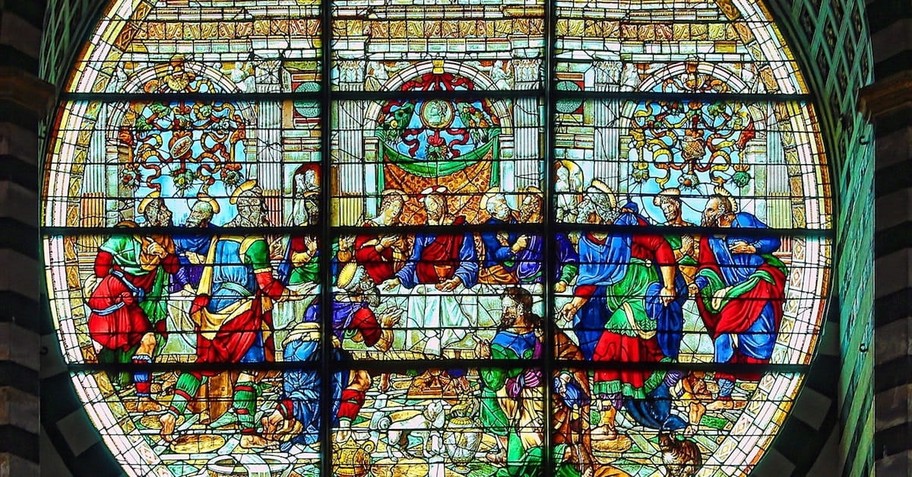
4. “Insiders” over “Outsiders”
The middle chapters of Acts, as well as frequent comments in Paul’s epistles, make it clear that there was a lot of favoritism going on in the early church too. It appears that conservative Jewish people tended to be found closest to the center and nearest the top of the heap. They were the ones who insisted that the gospel wasn’t for Gentiles; well, okay then, Gentiles had to be circumcised and convert to Judaism first . . . and they continued to fight these sorts of silly battles for another generation, despite the clear revelation from the Holy Spirit that the gospel was for everyone. Jesus, on the other hand, literally went out of his way to preach and heal in Gentile places like Tyre and Sidon and the Decapolis. The Gerasene “demoniac” (Luke 8:26-39) might have been the archetypal outsider—Gentile, crazy, violent, rejected by his own people. And Jesus brought him in. Every church I’ve ever been in has insiders and outsiders. That’s natural, I guess. But our work should be to bring ’em into the center, not to maintain our own inside position.
Photo courtesy: ©Unsplash

5. One race, social condition, or gender over another
Paul wrote to the Galatian church that once they were “baptized into Christ,” there was“neither Jew nor Gentile, neither slave nor free, nor is there male and female, for [they were] all one in Christ Jesus” (Galatians 3:27-28). Ask yourself honestly, which people hold the important positions and wield the most influence in your church? Do they tend to be people of one race? Are they mostly from the same socioeconomic demographic? Are women just as likely to fill those important roles and be listened to as attentively as men? If Paul here articulates the deep, eternal reality of the Kingdom of God, shouldn’t the church accurately reflect that reality here and now?
Photo courtesy: ©Unsplash
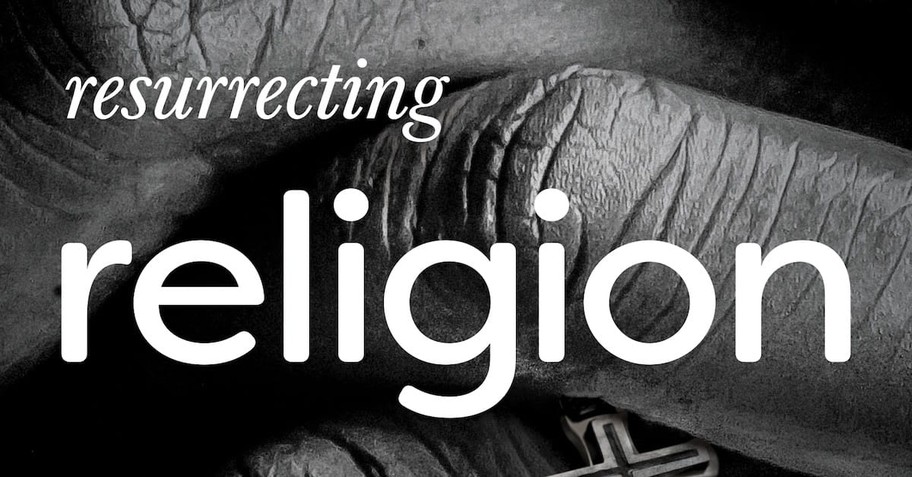
Greg Paul is a member and the founding pastor of Sanctuary Toronto, a ministry and faith community serving some of the most marginalized people in Canada’s largest city, including those struggling with addiction, mental illness, prostitution, and homelessness. Greg is the author of Resurrecting Religion: Finding Our Way Back to the Good News, as well as several previous, award-winning books: Close Enough to Hear God Breathe; The Twenty-Piece Shuffle; God in the Alley; and Simply Open. He is the father of four children and is married to Maggie, who has three children of her own.
Resurrecting Religion by Greg Paul
ISBN: 978-1-63146-666-3
Softcover: $15.99 | 215 pages
February 2018
NavPress.com
Originally published March 01, 2018.






